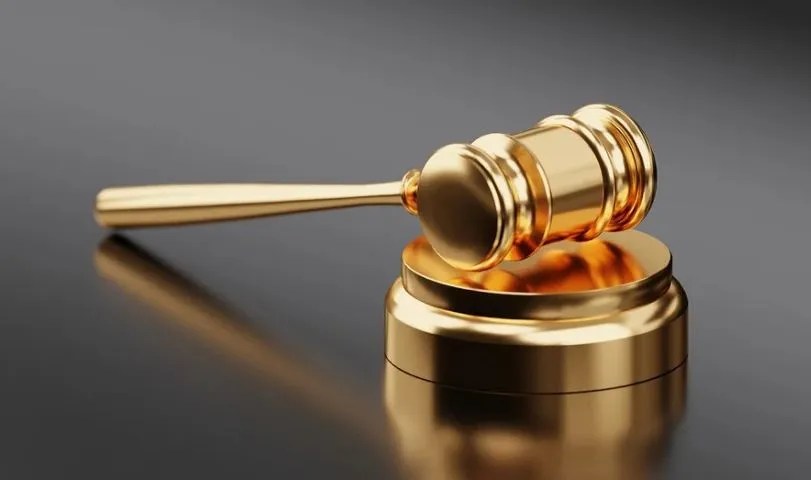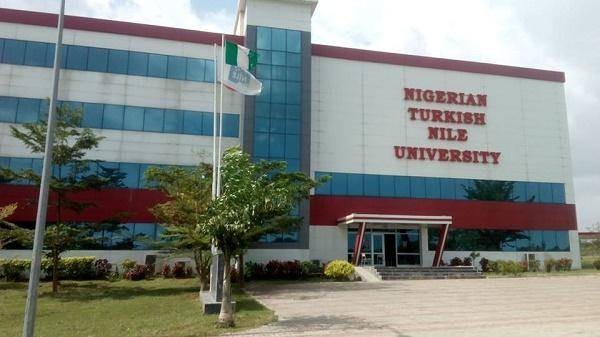
Nigeria is one of the world’s most populous countries, with over 200 million people. It is a federal republic and practices a Federal system of government, which means that power resides in three separate branches: executive, legislative, and judicial. The President appoints the Chief Justice following consultation with the National Judicial Council (NJC). In the Nigerian Constitution, the President is given the power to appoint a Chief Justice of Nigeria. This article discusses how this happens and what it means for the country’s judicial system.
With due process, no party can complain about lack or excess involvement. There are many steps to take before any individual might be considered for an appointment as CJN, so there cannot be an issue because every effort has been taken throughout history to ensure this position represents all Nigerians fairly.
The process begins with the President, who makes recommendations to NJC. After these are received, they will be presented at a meeting of NJC. It is supposed to happen within 60 days after its previous meeting. This body then investigates the nominee’s background and qualifications before it votes on whether or not to confirm them. If confirmed by majority vote, this individual would be formally appointed by the President as Chief Justice of Nigeria (CJN).
The NJC comprises the President, Speaker of House Representatives, Senate President, and Chief Justice who presides over it. Other members include:
- Two serving judicial officers with at least five years’ standing as judges or magistrates.
- An eminent legal practitioner with at least ten years of experience in Nigeria.
- Two representatives of the National Judicial Council (NJC) Association.
What are the Stages Involved in the Appointment of the Chief Justice of Nigeria?
There are three stages in this process: investigation, approval, and formal appointment by The President, who will later swear them into office. Once appointed, they take an oath to uphold Nigeria’s Constitution and laws that protect Nigerians rights and liberties.
a) Investigation:
This is one of the first things that happen when there is a vacancy in The Supreme Court, Nigeria’s highest judicial body. The Judicial Service Commission (JSC) begins an investigation to determine who applicants for the position are qualified and well suited for it. This process usually takes about three months. At this point, they evaluate each applicant based on their legal knowledge, past performance, integrity, and other relevant factors before coming up with recommendations that include one name per vacant position.
It could be highly controversial depending on whom has been chosen, especially if someone was not included because they do not have good relationships with people who are already members of JSC. These members include prominent politicians or judges themselves to Article 147(b) of the Nigerian Constitution.
This stage is critical because it determines who will become the next Chief Justice of Nigeria and has vast implications for all courts across Nigeria’s interpretation and application of laws in future cases. If they do not have a high degree of competency, it can be hard to measure since there are no strict qualification criteria for this position. This process tends to drag out longer than necessary, with no one accountable or responsible for ensuring that each step gets completed effectively, efficiently, fairly, etc. However, The President does have absolute power over JSC’s decisions when he wants them to re-evaluate their recommendations based on his views about an applicant, especially if they recommend someone who was once accused or convicted of crimes.
2. Approval:
The President must approve the names recommended by JSC before they can proceed. His decision is final, and if he does not choose any of them, it will go back to The Judicial Service Commission for another round of recommendations, after which it goes through the same process again with no set time frame.
It is essential because he has excellent discretion to choose any applicant he wishes, especially if they are friends or share his political views. If this process were made more efficient with strict guidelines for The President and no room for subjectivity, it would be much easier to determine who will become Nigeria’s next Chief Justice of Nigeria. It can have severe consequences on how laws are applied by judges across all courts in Nigeria.
Due to the uncertainty of this process, it can cause a lot of controversies, especially if someone is left out who was recommended by The Judicial Service Commission. This stage takes up the most time, and there are no set dates for when it must be completed, which makes sure that nothing gets done in an efficient, timely manner, etc.
This step should have clear guidelines for how many names need to be submitted per position to avoid getting stuck on one person while others continue without being evaluated. That way, every applicant has equal opportunity even though some might still not receive recommendations because their past performance or other factors were weak enough to disqualify them from consideration.
3. Formal Appointment by The President:
This last stage is the final part of the process and happens after The President has decided. He then swears them into office at a formal ceremony in Abuja, Nigeria’s capital city.
This step is convincing because it solidifies their title as Chief Justice of Nigeria and ensures they immediately begin work. These responsibilities include making decisions about how judges should apply laws across all courts in Nigeria depending on what they believe to be fair and just for Nigerian citizens. It is without bias or outside influence from anyone else, such as politicians who may want them to make rulings based on personal favoritism rather than justice itself.
These three stages are not perfect but can serve an influential role if everything goes correctly with no problems along the way. Suppose anything goes wrong such as the process taking too long or The President rejecting all of their recommendations. In that case, it can prove to be very harmful to Nigeria’s legal system and should not be taken lightly.
In conclusion, albeit there are many problems with the way each stage of this process is conducted. However, it can still serve a compelling purpose to ensure that The Chief Justice of Nigeria gets appointed reasonably and justly if everything goes smoothly. The only way it can genuinely be done this way is if clear guidelines are established to ensure that each step gets completed effectively, efficiently, and fairly.



